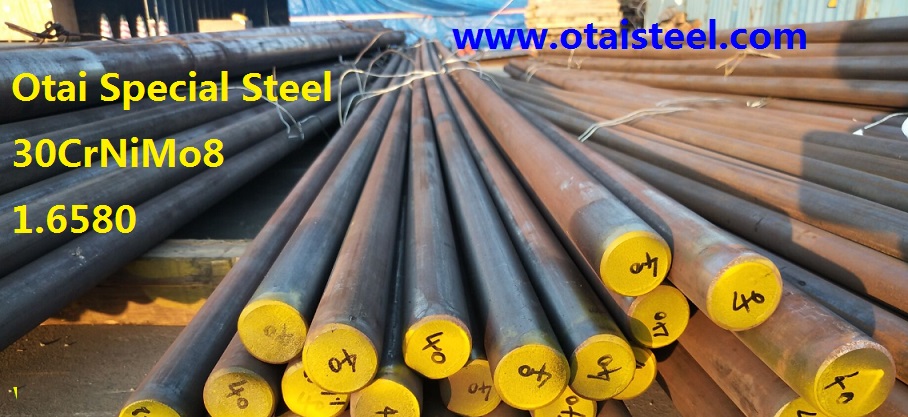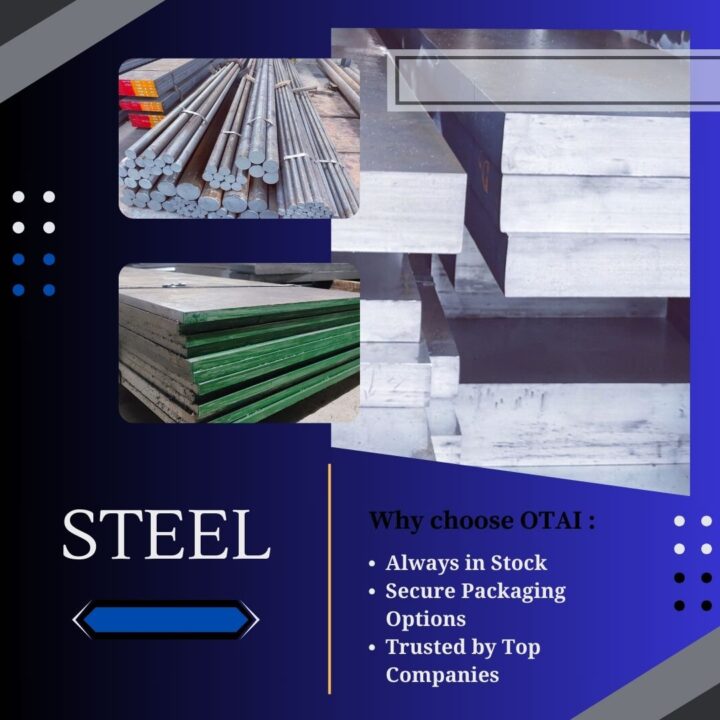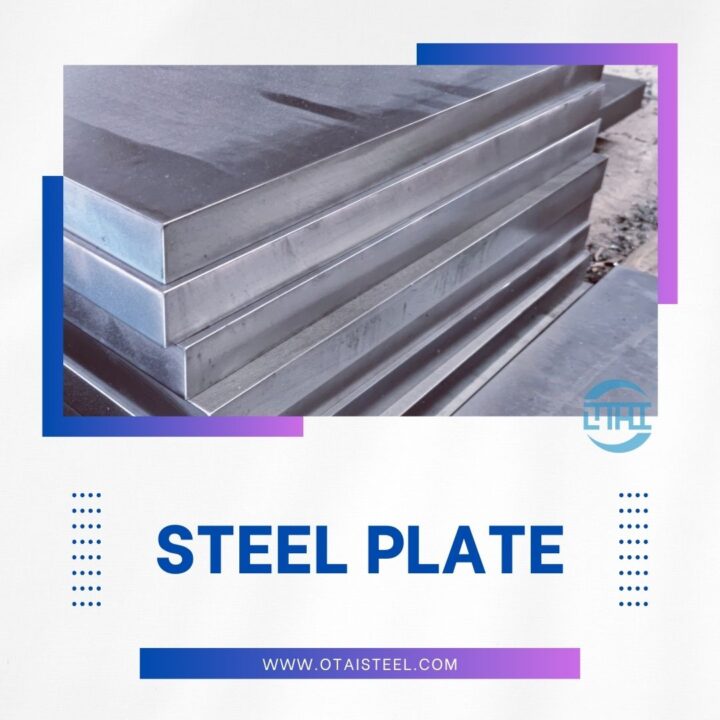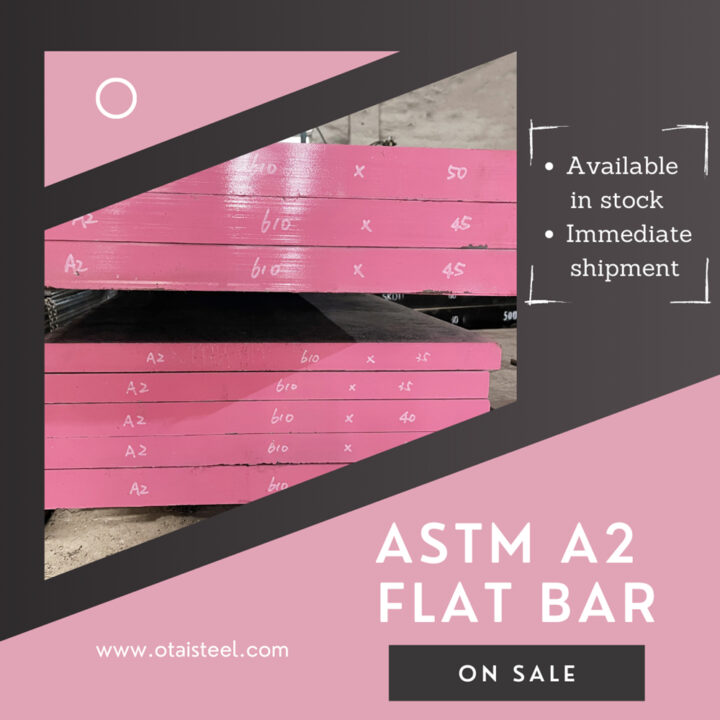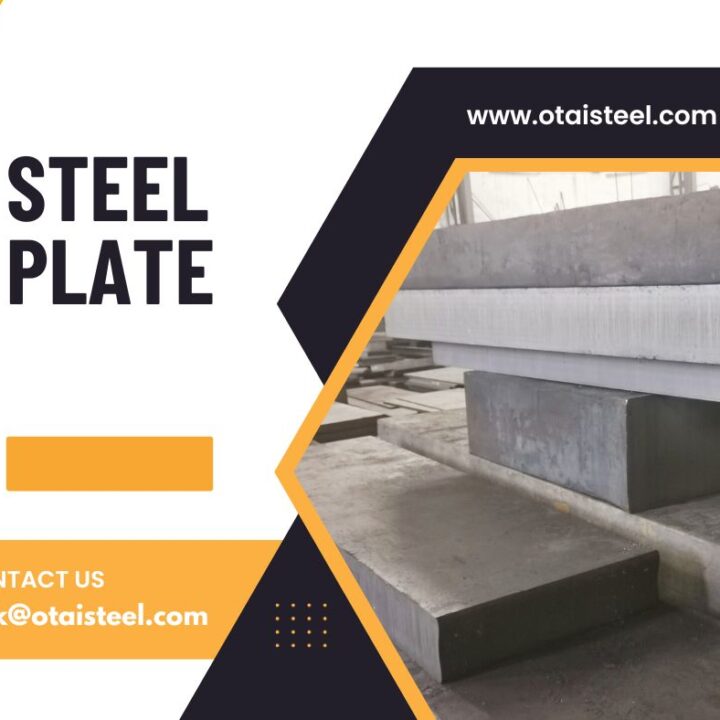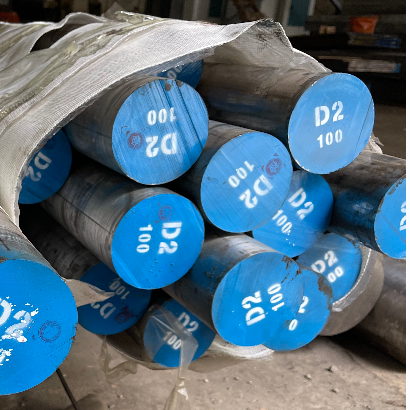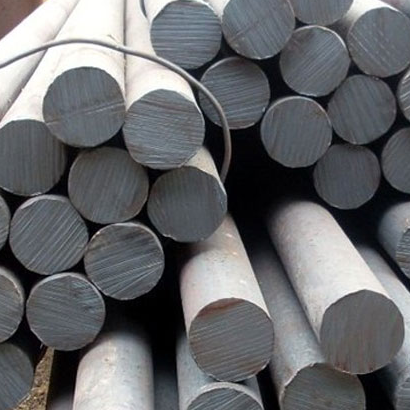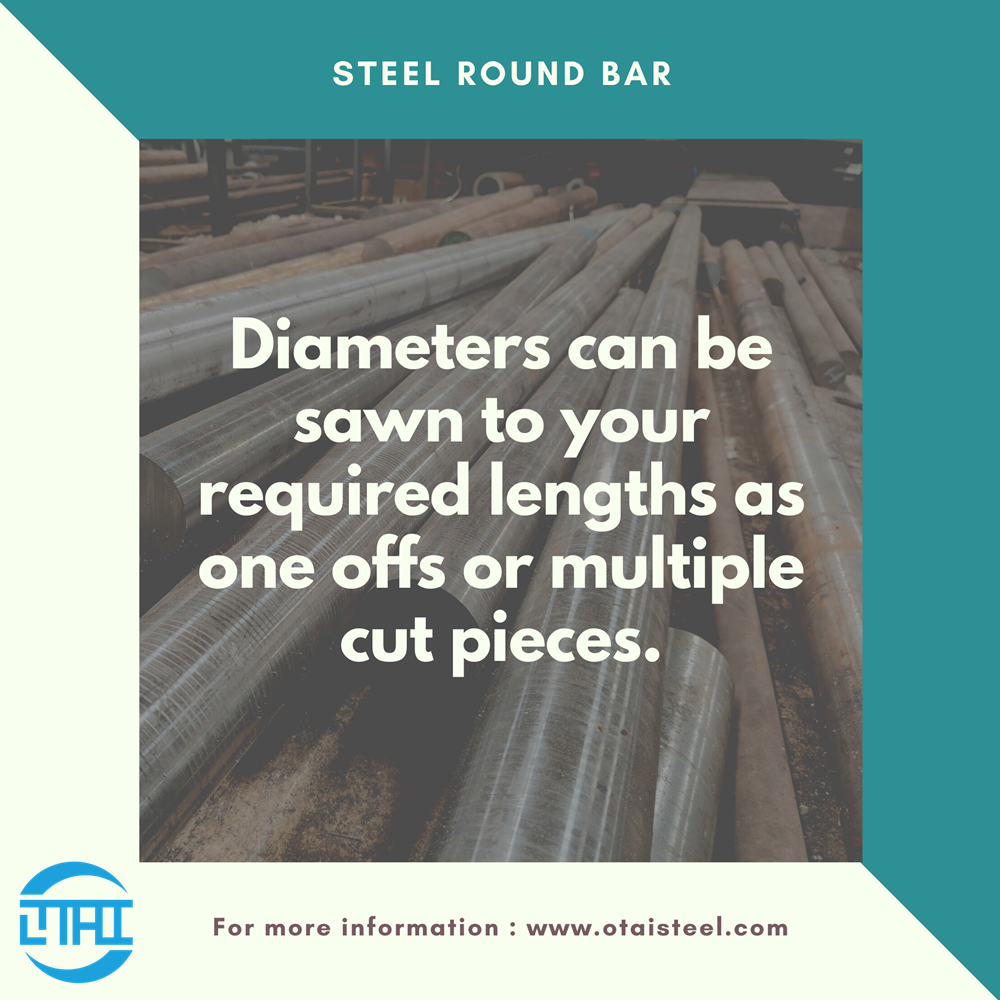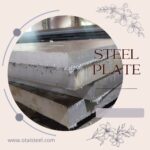The versatility and exceptional properties of 8620 alloy have positioned it as a go-to material in various industrial applications. Beyond its conventional use, this alloy’s unique combination of strength, toughness, and machinability makes it ideal for specialized purposes across different sectors. Let’s explore how 8620 alloy is making a significant impact in industry-specific applications, showcasing its adaptability and reliability.
1. Aerospace Precision: Crafting Components for the Skies
In the aerospace industry, precision and reliability are paramount. 8620 alloy’s superior machinability and resistance to fatigue make it an excellent choice for crafting components such as gears, shafts, and fasteners in aircraft and spacecraft. Its ability to withstand extreme conditions while maintaining structural integrity is crucial for ensuring the safety and performance of aerospace systems.
2. Automotive Powerhouse: Driving Efficiency and Durability
Within the automotive sector, where demands on materials are rigorous, 8620 alloy plays a crucial role. From transmission components like gears and shafts to critical engine parts, this alloy’s exceptional strength and wear resistance contribute to the efficiency and durability of automotive systems. The ability to withstand heavy loads and resist wear makes it a preferred material for gears in transmissions and drivetrains.
3. Oil and Gas Resilience: Tackling Harsh Environments
In the oil and gas industry, where equipment operates in harsh and corrosive environments, the resilience of materials is paramount. 8620 alloy’s corrosion resistance, combined with its high strength, makes it a reliable choice for components like shafts, couplings, and gears in drilling equipment. Its toughness ensures optimal performance even in challenging conditions, contributing to the efficiency and longevity of oil and gas operations.
4. Precision Machinery: Meeting the Demands of Manufacturing
Precision machinery demands materials that can withstand heavy loads, provide dimensional stability, and facilitate intricate machining. 8620 alloy excels in this arena, finding applications in the manufacturing of precision machinery components. Its machinability allows for the creation of intricate and precise parts, ensuring the seamless operation of machinery in industries ranging from manufacturing to robotics.
5. Renewable Energy Innovation: Powering the Future
As the world embraces renewable energy solutions, 8620 alloy emerges as a key player in the manufacturing of components for renewable energy systems. Its durability and resistance to fatigue make it suitable for use in wind turbine components, ensuring reliability and longevity in the generation of clean energy.
6. Custom Solutions in Engineering: Tailoring for Specific Needs
One of the remarkable aspects of 8620 alloy is its adaptability to custom solutions. In engineering applications where specific material properties are required, 8620 can be tailored to meet the unique demands of the project. This versatility makes it a preferred choice in situations where off-the-shelf materials may not suffice.
7. Medical Device Precision: Balancing Strength and Precision
In the realm of medical devices, where precision and biocompatibility are critical, 8620 alloy finds application in certain components. Its strength and machinability contribute to the manufacturing of medical instruments and devices, showcasing its versatility beyond traditional industrial uses.
Conclusion: A Multifaceted Material for Diverse Challenges
The specialized uses of 8620 alloy underscore its multifaceted nature and its ability to address diverse challenges across different industries. From aerospace to renewable energy and precision machinery, the adaptability and reliability of 8620 alloy continue to make it a material of choice for specialized applications, contributing to advancements and innovation in various sectors.(8620 Alloy in Industry)
